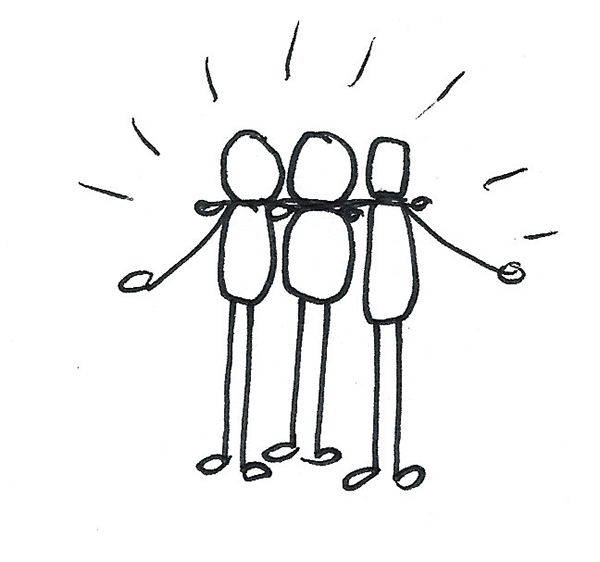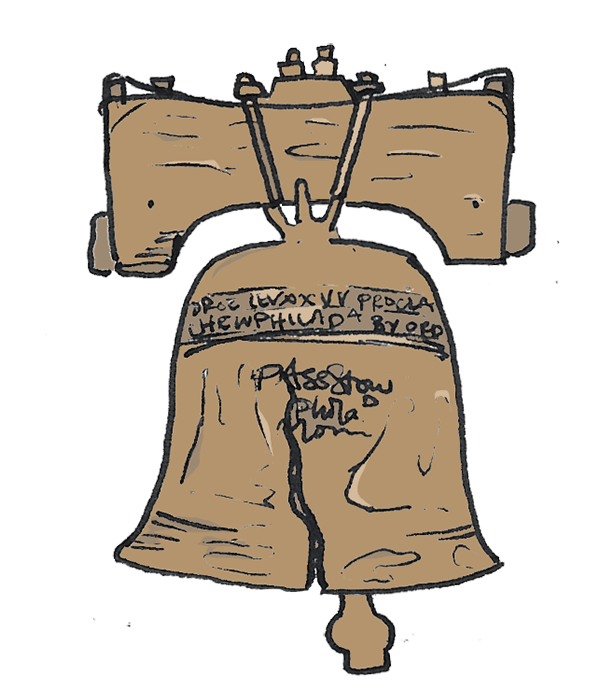Since 2000 more than
500,000
Americans died due to opioid-related overdoses
countless more suffer with undertreated pain conditions
The Pain Opioid Epidemic Project
The Pain Opioid Epidemic Project is an initiative of Project 2026:
A citizen-oriented, multi-stakeholder approach to treat pain and address the challenges associated with opioid use, abuse and overdose
We can stop this epidemic by joining together
If you believe that preventable deaths associated with opioid overdose are unacceptable
We Invite You to Join
Here are 3 ways to take action right now
Observer

Participant

Partner

Learn More About The Pain Opioid Project
About the Pain Opioid Epidemic Project
The Pain Opioid Epidemic Project is motivated by the belief that citizens engaged with various levels of government, the medical system, as well as private industry, academic institutions, and social agencies, supported by meaningful information and tools, can have a great impact on difficult, complex challenges facing our nation. The Pain Opioid Epidemic Project recognizes that a multi-stakeholder, comprehensive public health approach to combatting the nation’s prescription opioid, synthetic opioids abuse and the growing heroin epidemic is crucial. It is up to all of us to prevent and reduce abuse, misuse, overdose and death from prescription drugs.
Our approach recognizes that any meaningful solution must address the complexity of the Pain Opioid Ecosystem, including stigma, psychological stress management, pain management by health professionals, opioid use disorders, opioid overdoses, public policy, law enforcement, criminal justice.
Why the Pain Opioid Project
There are many reasons for initiating a citizen-driven response to the opioid epidemic. Here are a few:
-
Opioid overdoses are estimated to contribute to over 90,000 deaths a year, - 91 Americans dying every day from preventable drug overdoses.
-
Nearly all Americans are impacted by policies and practices associated with Opioid use and our approaches to the treatment of pain in the medical setting, managing the societal cost of addiction and enduring its financial and legal consequences.
-
The opioid epidemic is the focus of federal, state, and local efforts targeting various aspects of this multifactorial problem expending billions of taxpayer dollars.
-
Opioid use, from legal pain management to misuse associated with diversion and addiction, involves a complex ecosystem of stakeholders, laws, relationships, and activities that must be understood and targeted with appropriate interventions and strategies.
-
There are emerging medical, social, public policy best practice approaches to the various challenges of pain management, opioid dependence, and overdose.
-
Prevention of opioid addiction and overdose involves even greater social (and spiritual) challenges confronting our nation.
-
Exploring the opioid epidemic provides a framework to better understand the role of the citizen wihtin the body politic.
The Pain Opioid Project's Vision and Mission
The Pain Opioid Epidemic Project is an experiment that engages with fellow citizens and stakeholders to achieve the following:
The Vision:
By September 2026, every individual who experiences pain has access to and is able to receive evidence-based, best practice informed treatment that improves their well-being in outcomes that matter for them.
By September 2028 there are no reported deaths of opioid overdose reported in the US.
By September 2028 the official approach to opioid use, dependence, and addiction is informed by the principles and spirit of public health instead of a criminal justice approach.
By September 2028 individuals suffering from opioid use disorders have access to affordable, evidence-based treatment.
By September 2026 “The War on Drugs” will be officially over globally, nationally, and locally.
The Mission:
Frame opioid-related challenges in a manner that promotes collaboration among varying interest groups and stakeholders.
Formulate and monitor agreed-upon measurable outcomes.
Provide actionable information and engagement tools for citizen participation to target the complexity of opioid use, abuse, and overdose.
Provide information and tools to assure appropriate medical management of pain in patients who require it,
Provide resources and assure access for individuals who require treatment for opioid dependence, abuse, and addiction.
Identify the local, state, and national ecosystem associated with opioid use and provide tools for increased transparency and accountability.
Enhance the citizen-government interaction and collaboration.
The Pain Opioid Epidemic Project's Strategic Plan
Elements and citizen tools
The Pain Opioid Epidemic Project's strategic plan incorporates a number of elements and tools that address the complexity of the challenge of pain and its management, opioid use, and abuse, thereby preventing overdoses and addressing the legal and criminal justice issues associated with drug use. We use behavioral economic principles, digital technology, political insights, crowdsourcing, and principles of solution journalism in our effort.
Phases of the Project
Our multi-phase plan includes meaningful information and tools for crowdsourcing citizen participation in the policy discussion, implementation, and accountability of stakeholders.
The Pain Opioid Epidemic Case Presentation
The Pain Opioid Epidemic Case Presentation is a framework for a citizen-oriented approach to the challenges facing us in the body politic of the United States. Using the Medical Case Presentation as an organizing structure, the Pain Opioid Case offers a dynamic, interactive, collaborative process that engages our fellow citizens to address the opioid-related challenges confronting us as individuals, members of our community, and citizens of the nation. It provides a vehicle for citizens to collaborate, identify, analyze, develop, implement and monitor a solution-based “treatment plan” for medical problems.
The County Based Pain Opioid Epidemic Platform
We provide an easy-to-use platform that can be used by local entities to assist in their efforts to provide solutions to opioid-related problems. The platform includes best practice information, process, and related resources to provide services and links to providers at the local level. The Pain Opioid Epidemic Project and Case Presentation websites are focused on cities, neighborhoods, counties, and other local entities. Entities interested in "duplicating" and customizing the websites for their local environment can contact Project 2026.
Best Practice, Evidence-based Inventory, Checklist and Database
Developing and updating the evidence-based inventory of clinical, social, legal and public policy materials and processes related to our vision. We start by focusing on pain to be followed by opioid use conditions, overdose prevention, and addressing "the drug war".
Taking Personal, Social, and Political Action
Providing individual-facing tools and activities for personal engagement for individuals suffering with pain and opioid addiction. Social and political tools to engage with stakeholders locally and nationally.
Real-Time Monitoring the Opioid Epidemic and its Consequences
Ongoing collection and analysis of population and individual data associated with the opioid epidemic. The data will feature the pain-opioid epidemic case presentation progress notes and occasional clinical case conferences focusing on individual situations.
Our Team
Our team includes individuals and organizations from the many areas that impact the opioid epidemic. We look forward to expanding our team and are interested in citizens motivated by our vision to join our efforts.
Our Advisors:
Our advisors will include individuals, groups, and organizations from academia, government, social service agencies, media, and the private sector. List individuals and groups will be available shortly.
The Pain Opioid Epidemic Project Web site is the central public-facing aspect of the Pain Opioid Project. The website is divided into sections that coincide with the overall mission of the project and include the following:
Project 2026
Project 2026 is an ambitious, multi-year experiment to create a framework, organize events and provide tools that test the proposition that citizens of the Republic can participate actively in their government when driven by a shared vision, a framework, and tools can engage with the complex challenges facing the body politic.





